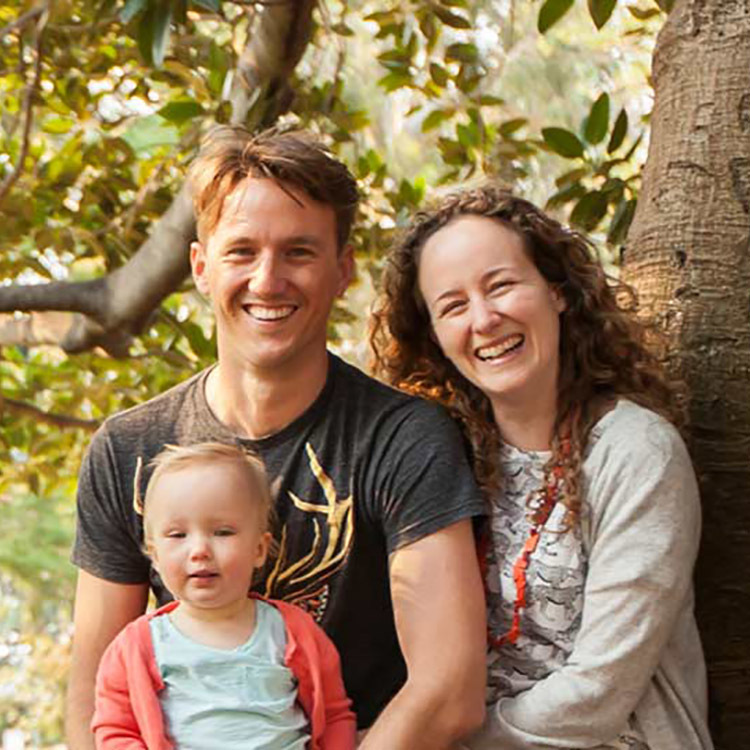Search
Showing results for "8"
We evaluated the immunogenicity and safety of 1 and 2 doses of MenACWY-TT, given alone or co-administered with PCV13 in toddlers.
This study sought to determine relationships, by gender, between childhood behaviour problems and adolescent risky sexual behaviours and substance use.
The prevalence of multiple sclerosis follows a latitude gradient, with increased disease at higher latitudes.
To compare IgE and IgG antibody binding and T-cell recognition of the major cat allergen Fel d 1 with other cat proteins with known IgE binding properties.
The objective was to assess the glucagon response to hypoglycemia and identify influencing factors in patients with type 1 diabetes compared with nondiabetic...

The Kids is collaborating with government agencies, parents and school representatives to trial an innovative intervention delivered through schools to increase parents’ knowledge and skills to delay and reduce teenage alcohol use.

A new study looking at the receptive language development of young children has highlighted the need to monitor kids over time to ensure they don't fall behind.
Long term benefits for a child if their mother quits smoking even after the pregnancy are established.
BABIES SAY "THANK YOU" AS NEW RESEARCH REVEALS BREASTFEEDING BOOSTS MENTAL HEALTH
Type 2 diabetes in young adults (nominally, 18–30 years of age) is a more aggressive condition than that seen in older age, with a greater risk of major morbidity and early mortality. This first Australian consensus statement on the management of type 2 diabetes in young adults considers areas where existing type 2 diabetes guidance, directed mainly towards older adults, may not be appropriate or relevant for the young adult population.
